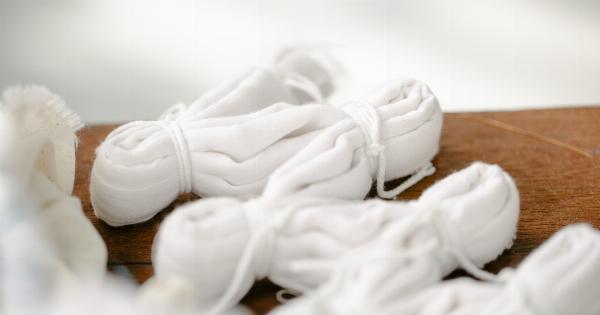We all carry our fair share of emotional baggage – past hurts, wounds, and grievances that linger long after the actual experience. These old wounds can affect our daily lives, relationships, and overall well-being.
However, it is possible to let go of these burdens and find healing through the process of forgetting. This guide aims to provide you with practical tips and strategies to help you navigate the path towards freeing yourself from the shackles of old wounds and embracing a future filled with peace and happiness.
1. Acknowledge Your Pain
The first step towards letting go of old wounds is to acknowledge and accept the pain they have caused. It is important to give yourself permission to feel the emotions associated with these experiences.
Suppressing or denying them will only prolong the healing process.
2. Practice Self-Compassion
Be gentle with yourself as you navigate the journey of healing. Treat yourself with kindness and understanding, just as you would a dear friend. Remember that it is okay to make mistakes, and it is part of being human.
3. Seek Support
Healing from old wounds can be a challenging and overwhelming process. Reach out to trusted friends, family members, or a therapist who can provide a safe space for you to express your feelings and offer guidance along the way.
4. Letting Go of Resentment
Resentment keeps us tied to the past, preventing true healing and growth. Make a conscious decision to forgive those who have wronged you, even if they do not apologize or change their behavior.
Remember, forgiveness is not about condoning their actions but about freeing yourself from the negativity associated with the past.
5. Release Negative Self-Talk
The stories we tell ourselves about our past experiences can influence how we perceive ourselves and others. Challenge and reframe negative self-talk that may be rooted in old wounds.
Replace self-deprecating thoughts with positive affirmations and empowering beliefs.
6. Practice Mindfulness
Mindfulness involves being fully present in the moment, without judgment or attachment to the past. Cultivate a regular mindfulness practice, such as meditation or deep breathing exercises, to help you stay grounded and focused on the present moment.
7. Create New Experiences
Engage in activities that bring you joy and help you create new, positive memories. This can include trying out new hobbies, traveling to unfamiliar places, or spending time with loved ones.
By creating new experiences, you are diverting your attention from the old wounds and fostering personal growth.
8. Let Time Heal
Healing is a gradual process that takes time. Allow yourself the necessary time to grieve, process, and heal. Understand that healing is not linear and there may be setbacks along the way.
Patience and self-compassion are crucial during this healing process.
9. Challenge Limiting Beliefs
Old wounds can give rise to limiting beliefs that hold us back from living our fullest lives. Identify these beliefs and question their validity. Replace them with empowering beliefs that align with your true potential and aspirations.
10. Live in the Present
The past cannot be changed, but the present is where you have the power to shape your future. Direct your energy towards the present moment and focus on what you can control.
Embrace the opportunities of the present and create a life that is aligned with your values and desires.





























